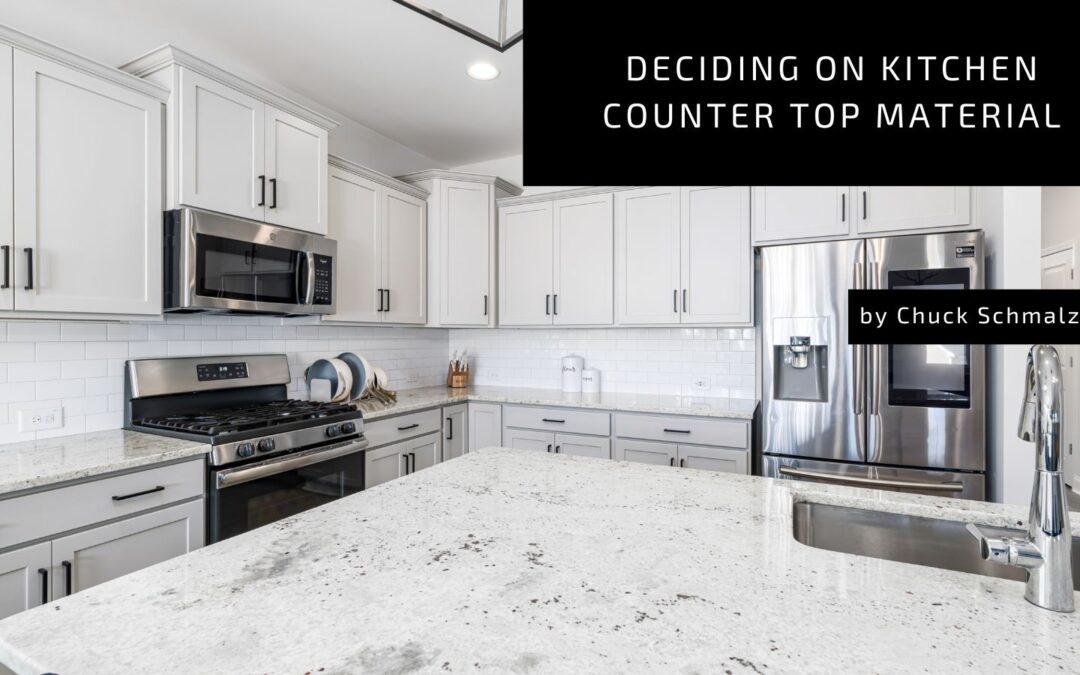There is no better time to replace kitchen counters. Previously, there were only two choices: wood butcherblock or plastic laminate. Today, there are multiple countertop materials to choose from, and they come in various colors and patterns.
This article covers the most popular countertop materials. There are only so many countertop materials that will work for every home. The best choice for your kitchen will involve various factors such as its appearance, durability, and price.
Natural Stone
Natural stone is a common type of countertop material. Some of these include marble, granite, and slate.
Once only found in expensive kitchens, granite is widely used in kitchen counters. Although it’s usually sold through local contractors, granite can also be found in kitchen showrooms and home improvement stores.
Compared to granite, marble is a more expensive type of natural stone. It comes in fewer patterns and colors and is also relatively soft. Although it doesn’t have the stain resistance of granite, marble is considered a good choice for certain activities, such as making fresh pasta and baking.
Compared to granite, slate and soapstone come in much fewer colors. The former is usually dark black, while the latter is typically greenish-gray. Slate is characterized by a thick and complex stone with varying shades of green, black, gray, purple, and red. Some slates also have deep veins and shades of purple and are commonly used for kitchen sinks.
Ceramic Tile
The trend toward low-maintenance kitchen counters has led to fewer countertops that feature ceramic or porcelain tile. However, consider tile for specific applications, like a base for kitchen islands or wet bars. Always use tiles that are rated for use on countertops or floors. On the other hand, wall tile is too thin and can easily crack.
Concrete
One of the most popular countertops is concrete, which resembles natural stone. Although concrete counters from the 1980s were messily poured, today’s pre-cast counters are made and delivered to your home. These are usually finished and fully cured.
The surface of pre-cast concrete counters is usually 11 to 12 inches thick and can be made in slabs up to 10 feet long. The color can be customized by adding pigments during the mixing process. The counters are then honed and sealed and typically reinforced using wire mesh, stainless steel, or fiberglass materials. Cracking is a concern with concrete, so fabricators often use metal rebar, fiberglass, or wire mesh.

